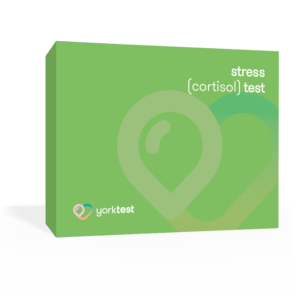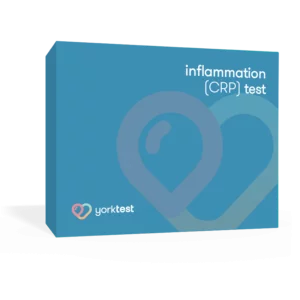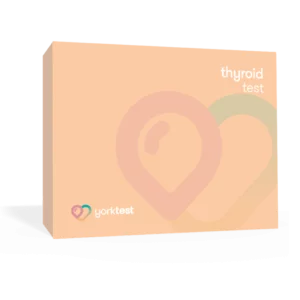It is estimated that as many as 45% of people in the UK suffer from food intolerance. A boom in the Free-From industry is evident when you look at the increasing variety of wheat, dairy and gluten-free products available on the supermarket shelves. Consumers are becoming increasingly aware of their diet, nutrition and food intolerances and the demand for alternative products are increasing.
However, although the increasing availability of Free-From products is fantastic for food intolerance sufferers looking to modify their diet, it can be problematic too. The growing curiosity about these products is fuelling an escalation in people using their own research to identify their intolerances.
Many of us experience unwanted side effects after eating particular foods. These problems vary in severity and, when these conditions are particularly bad, we understandably want to get to the bottom of what’s making us feel poorly as soon as possible. With the increase in Free-From foods, it is very easy to make an assumption about which food might be the culprit but the answer isn’t always so simple.
The current recommended method for finding out your food intolerance involves an elimination diet – cutting out one food at a time over a number of weeks to see if symptoms improve. However, this method can be laborious and doesn’t consider the full picture in the way that scientific IgG testing does. Guesswork makes the route to feeling better longer and more frustrating. If you suspect you might have a food intolerance, there are a few reasons why elimination diets alone aren’t always beneficial:Â
Cutting out foods one at a time is a long process
When you embark on an elimination diet you are cutting out foods ‘blindly’. If you suspected wheat to be the problem and removed it for your diet, it would take a few weeks to discover if you felt better without it. If you didn’t notice an improvement, you would have to start again with another food. And so on until you find the problem. Most of us would assume the culprit would be one of the foods we hear about from the Free-From industry (Gluten, wheat, dairy) but in reality, it could be anything from a fruits or vegetables to meats, fish or even particular spices – imagine how long it would take to eliminate each of the 158 foods we test for in our Food&DrinkScan Programme one by one!
You might have problems with a combination of foods
Assuming you decided to cut out foods one at a time to discover what’s making you feel poorly, you wouldn’t be taking account of the fact that you could have multiple intolerances. Data gathered at YorkTest showed that on average, people with food intolerance symptoms showed reactions to 6 food or drink ingredients.
Keeping a food diary can be difficult
Keeping a food diary can be really useful but on its own and, with sufferers potentially contending with multiple food reactions, it can be very hard to track which foods might be causing unwanted side effects. It can take up to 72 hours for a symptom to manifest. You could be blaming a grumbling tummy on last night’s cheese and biscuits but it was really the poached egg you had for breakfast two days before!
Self-diagnosis is not reliable
It is easy to think that you can get to the root of the problem yourself but you could be setting yourself up for a long and frustrating process of trial and error, all the while continuing to feel poorly. It can be tempting to assume that food intolerance is something you can identify yourself but it’s best to get some help from the experts.
YorkTest have over 35 years of experience in the testing of food-specific IgG antibody reactions. Our testing is supported by qualified Nutritional Therapists, able to offer knowledge and expertise for the safe and optimum dietary change to benefit your health and wellbeing.












